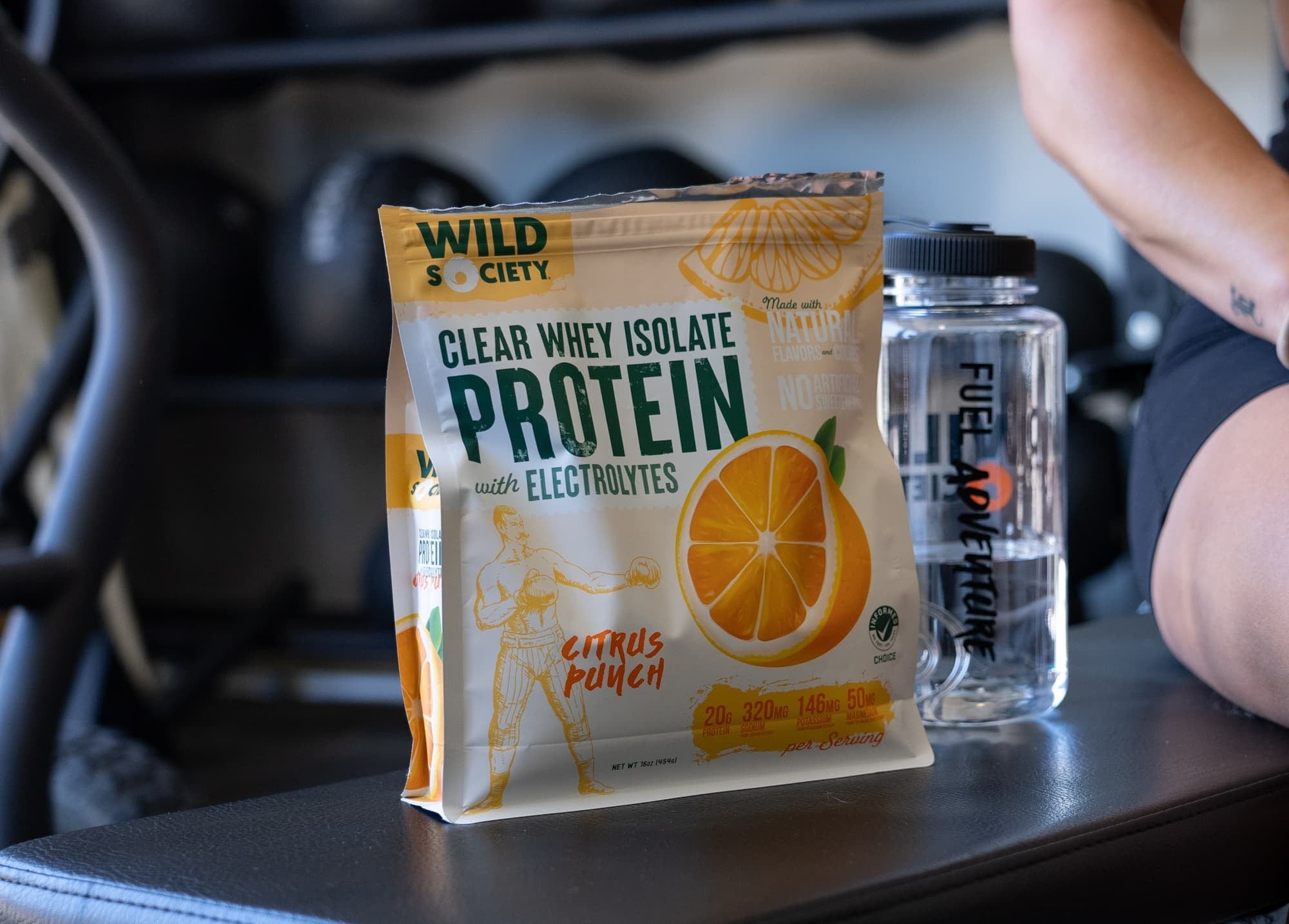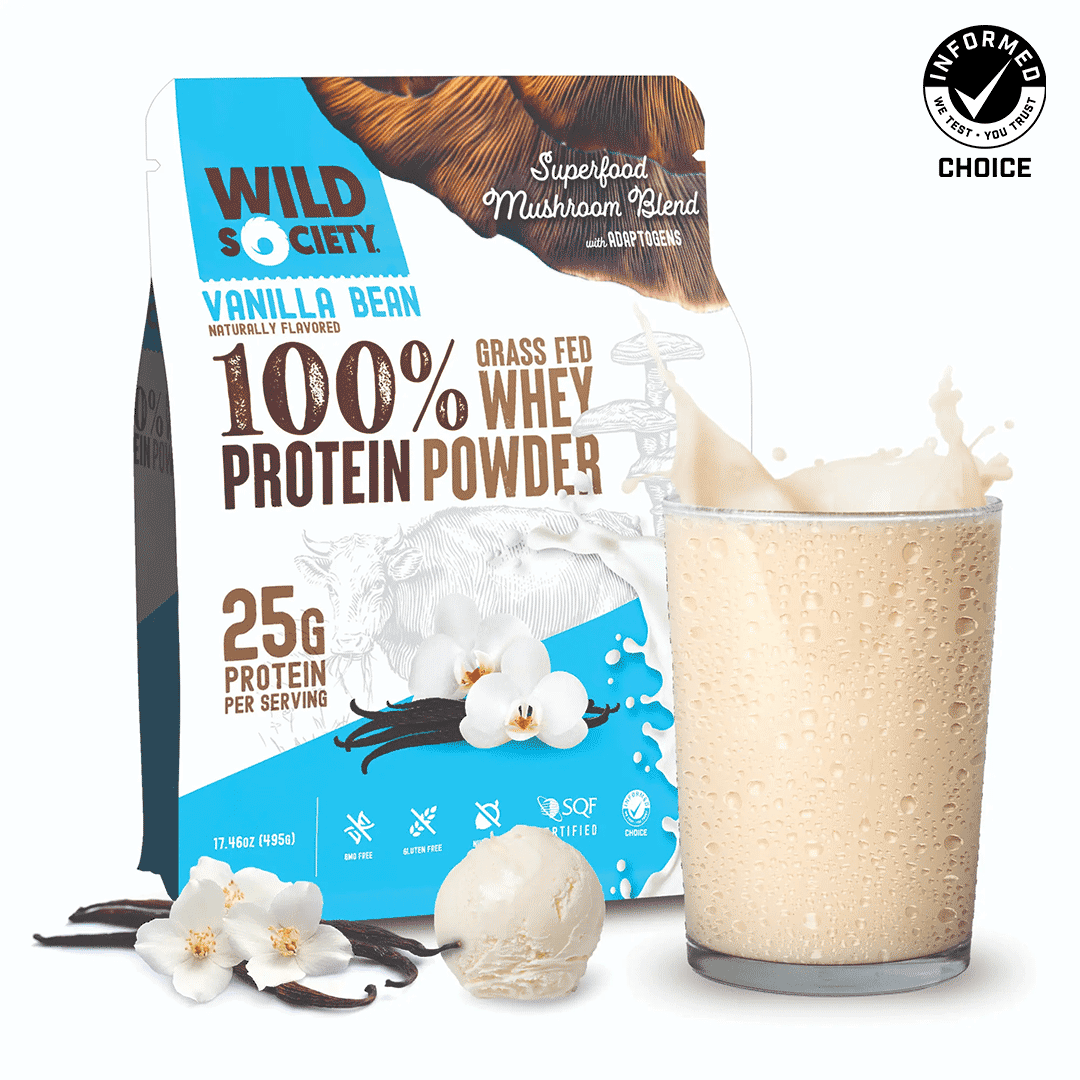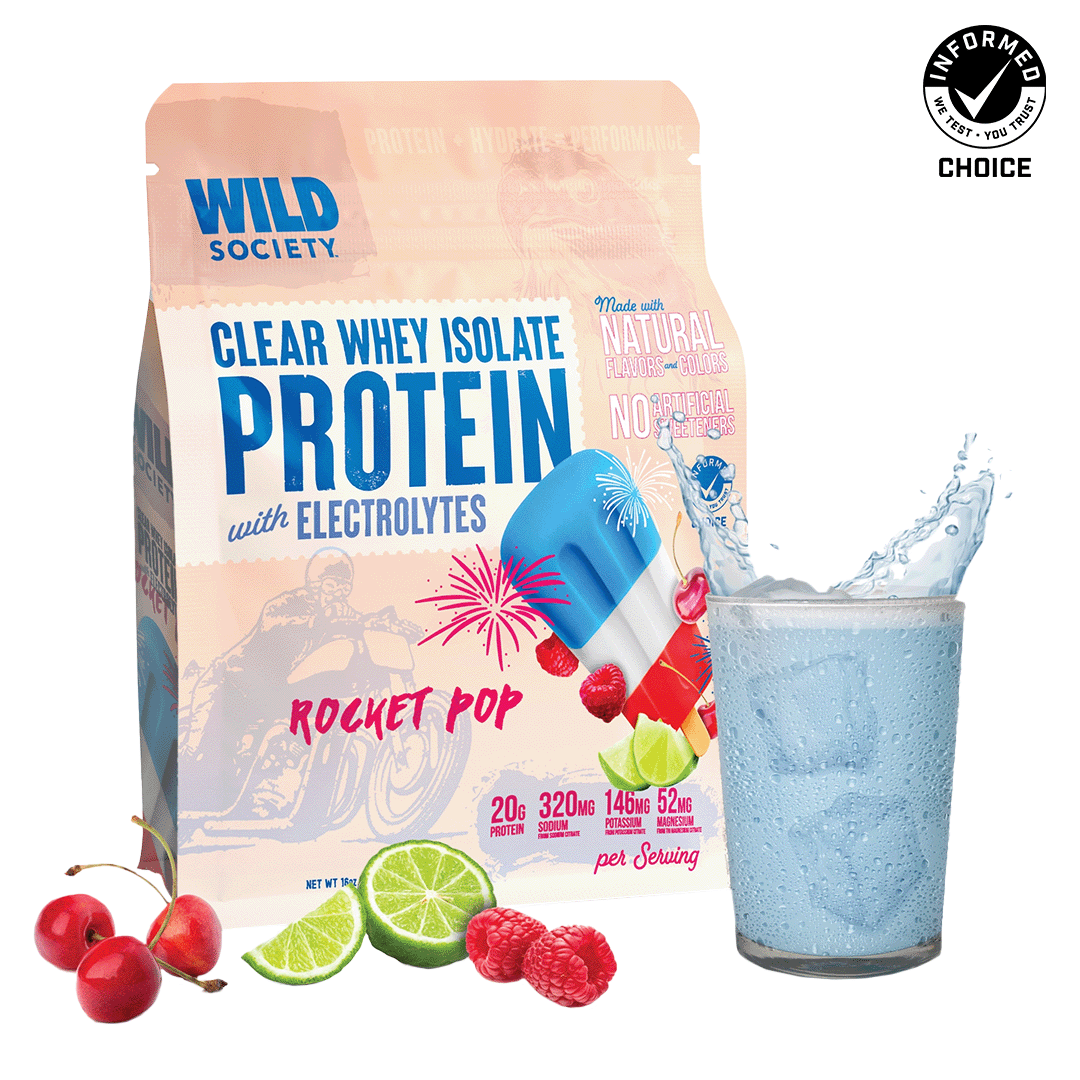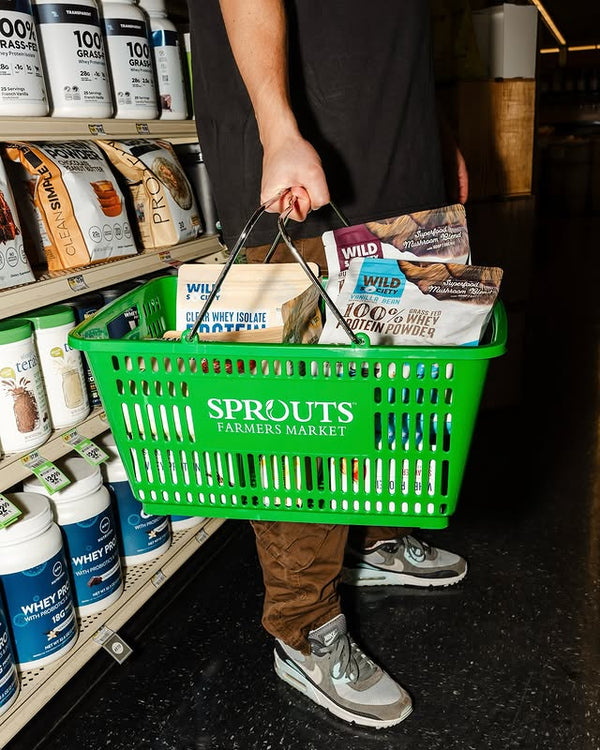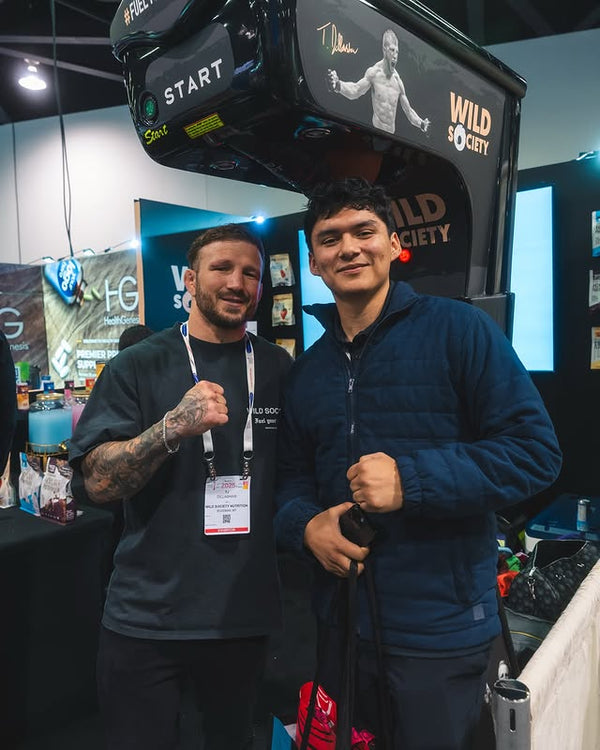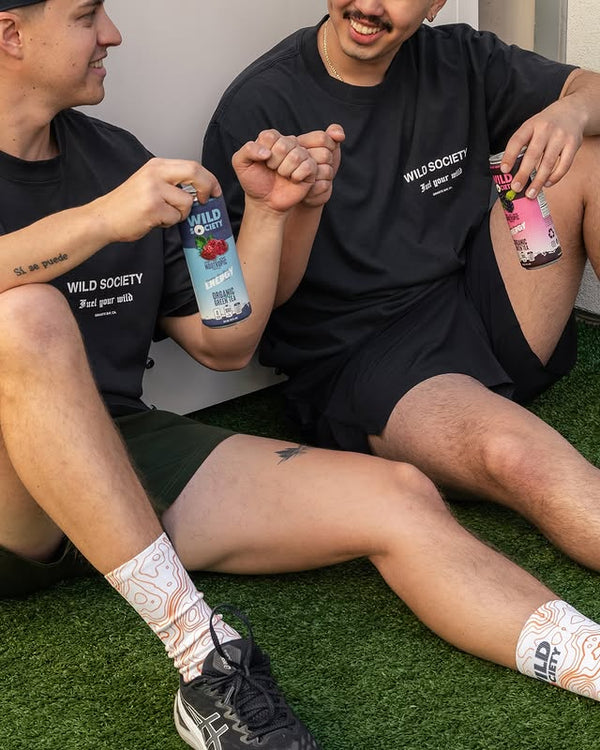Can Protein Help Fight Inflammation? Here’s What We Know

Chronic inflammation has been called the “silent killer,” contributing to fatigue, joint pain, brain fog, and long-term diseases. But research increasingly shows that protein—especially certain amino acids and collagen—may play a key role in reducing inflammation and improving resilience.
This article breaks it all down with help from:
-
Harvard
-
Cleveland Clinic,
-
And real-world expert insight.
When people talk about fighting inflammation, the focus often turns to turmeric, berries, or leafy greens,and for good reason. But one major player is usually missing from the conversation: protein.
Specifically, high-quality protein can influence inflammatory markers through muscle maintenance, gut barrier support, immune regulation, and even hormone balance. The connection between protein and inflammation is real and it’s time to understand how to use it to your advantage.
What Is Inflammation—and Why Should You Care?

Acute inflammation (like when you sprain an ankle) is necessary for healing. But chronic low-grade inflammation is different. It’s tied to nearly every modern health problem:
• Heart disease
• Type 2 diabetes
• Autoimmune disorders
• Fatigue and brain fog
• Gut imbalances
• Premature aging
According to Harvard Medical School:
“Chronic inflammation plays a role in many major diseases. Diet and lifestyle are powerful tools to reduce it.”
How Protein Plays a Role in Inflammation
Here are four key ways that protein—especially the right kind—helps calm systemic inflammation:
1. Supports Muscle Mass, Which Is Anti-Inflammatory
Muscle tissue acts as a metabolic buffer. The more lean mass you have, the better your glucose regulation, the lower your insulin spikes—and the lower your inflammation.
A 2020 study in the Journal of Cachexia, Sarcopenia and Muscle found that low muscle mass is directly linked with elevated markers of inflammation.
“Skeletal muscle is not just for locomotion—it’s an anti-inflammatory reservoir.”
2. Reduces Inflammatory Cravings
High-protein meals regulate blood sugar and insulin, which are major triggers for inflammatory cascades.
When you’re not riding a blood sugar rollercoaster, your body has the bandwidth to heal—not react.
3. Improves Recovery from Inflammation-Causing Workouts
Training hard causes temporary inflammation. Protein (especially whey isolate) supports muscle repair and helps return the body to a balanced state more efficiently.
Add in Wild Society Electrolytes, and you’ve got the inflammation recovery duo.
Real Talk from TJ Dillashaw, UFC World Champion & CEO of Wild Society Nutrition
As a pro athlete, I was in a constant cycle of inflammation—bruised joints, sore muscles, crash diets. I lived on ibuprofen early in my career.
But when I started focusing on gut health, consistent protein, collagen, and clean recovery, things shifted. I was still training hard—but my body could bounce back faster. My joints stopped barking. My energy was more stable.
That’s what we built Wild Society for—so you don’t have to choose between performance and feeling good. You can have both.
The Anti-Inflammatory Protein Stack

Here’s how Wild Society customers (and high performers) use protein to reduce inflammation:
Morning
• 1 scoop Collagen Peptides in coffee or tea (gut + joints)
• 1 scoop Electrolytes in water (hydration + muscle support)
Post-Workout
• 1 scoop Grass-Fed Whey Protein (muscle repair, low-carb recovery)
• Optional: anti-inflammatory shake with cinnamon, almond milk, and turmeric
Evening
• Collagen in warm water or golden milk
• High-protein, low-sugar dinner (e.g., grilled salmon + greens)
Trusted Expert Quote: Dr. Mark Hyman, Functional Medicine Leader
“Muscle is your largest organ of detox and inflammation buffering. Protein builds muscle. Collagen repairs the gut. Without both, you can’t resolve chronic inflammation.”
Not All Protein Reduces Inflammation
Be wary of:
• Artificial sweeteners
• High-sugar “protein” bars
• Over-processed dairy or soy blends
Instead, use:
• Wild Society Grass-Fed Whey Isolate – light, clean, easy to digest
• Wild Society Collagen Peptides – unflavored, grass-fed, pure
• Whole food proteins: salmon, eggs, chicken, lentils, tempeh
Do You Need Caveman Eats?

If you’re active and need on-the-go fuel that won’t spike insulin or cause gut issues, Caveman Eats can support your anti-inflammatory goals—just clean beef, salt, and spice.
Use them when life gets busy, but pair them with hydration and micronutrients for best results.
Try the Wild Society Anti-Inflammation Recovery Stack
• Grass-Fed Whey Protein Isolate (Vanilla or Chocolate)
• Caveman Eats Primal Beef Cuts (optional)
Resources
- Tags: protein




